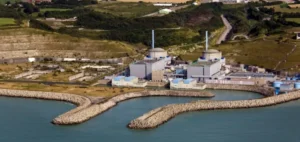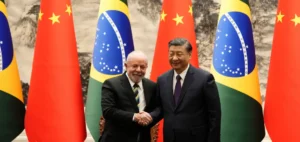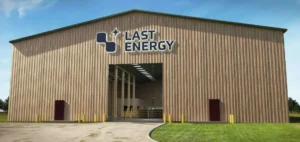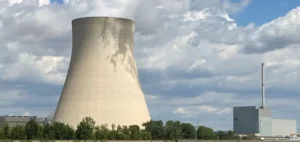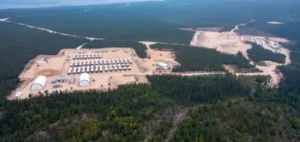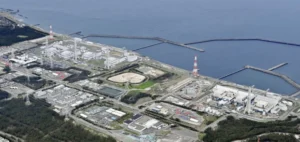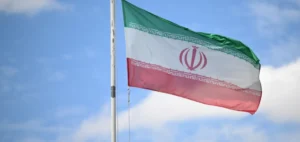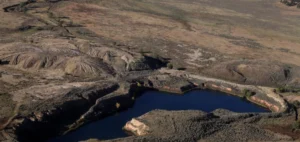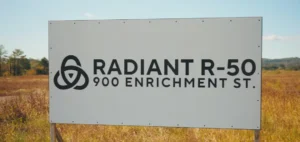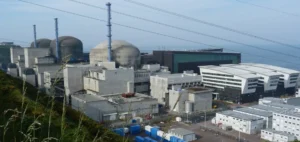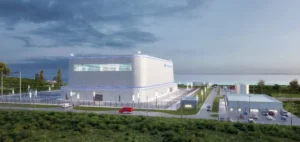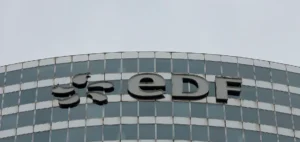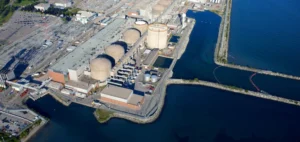The public debate on the revival of nuclear power in France has revealed strong questions from citizens, especially on waste, risks and financing, according to the report published Wednesday. Although launched last October, the debate was overshadowed by the government’s rapid revival of the atom, which closed the discussions in February with a meeting on the public’s place in decision making.
However, Michel Badré, president of the National Commission for Public Debate (CNDP), assures us that this operation was not “a stunt for nothing”. According to him, “questions have come out of this, which need to be answered”, and it is important not to rush things, despite the government’s desire to quickly revive the nuclear industry.
Broad participation in the debate despite government acceleration
The debate, which was a legal obligation for EDF, concerned the project to build the first six reactors, expected to start in 2035. The government had organized a more general “consultation” on France’s future energy choices in parallel. However, the creation of an “interministerial delegation for new nuclear power” and the bill to “accelerate the procedures” for authorizing reactors have clearly shown that the government wishes to accelerate the revival of the sector.
Despite these obstacles, the debate attracted a large audience, with about 5,000 participants, as many contributions, ten public meetings, mobile debates and discussion weekends. The discussions were very open, with a wide variety of views and questions asked. However, there were no clear answers to some of the concerns raised, such as the financing of the 50 billion euro project and the issue of long-lived waste.
Three months to answer questions
Decision-makers now have three months to respond to the questions raised during the public debate. It is essential that parliamentarians take into account the concerns expressed by citizens when they debate France’s energy future this summer.
As Ilaria Casillo, president of the CNDP, points out, “the debate has taken place. It is now up to the decision-makers to make sure that the citizens’ voices are heard”. The success of the debate can only be measured by the impact it will have on future energy decisions in France.



